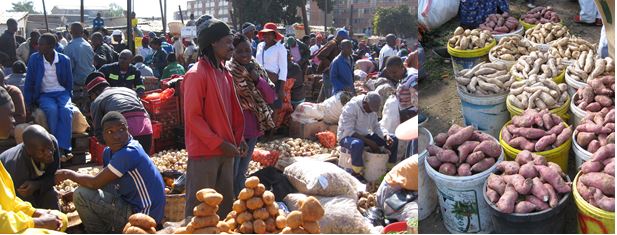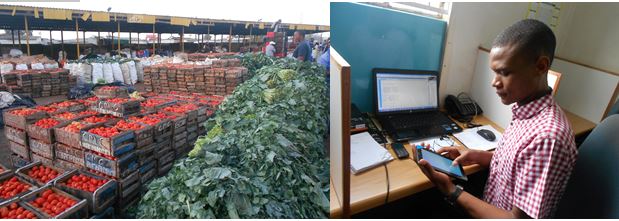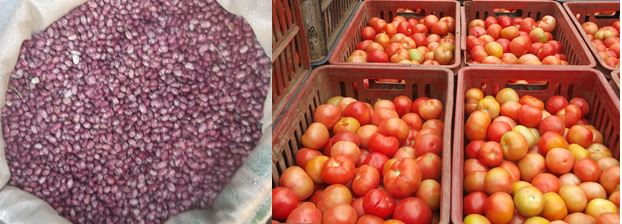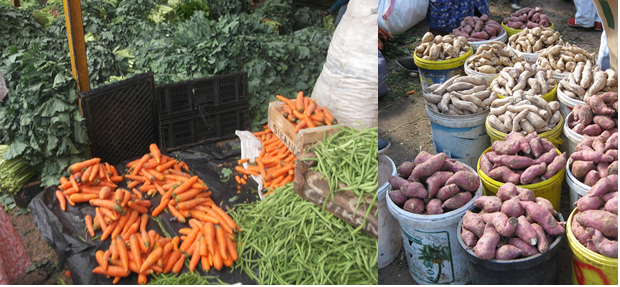Making sense of wealth distribution in the new networked economy
Just as they distribute commodities and knowledge to all classes of people and income levels, informal markets in developing countries continue to play a central role in redistributing wealth. African economies have traditionally been characterized and driven by community knowledge sharing and individual innovation. While individual innovation was privatized, local ideas were shared through the Read more about Making sense of wealth distribution in the new networked economy[…]









